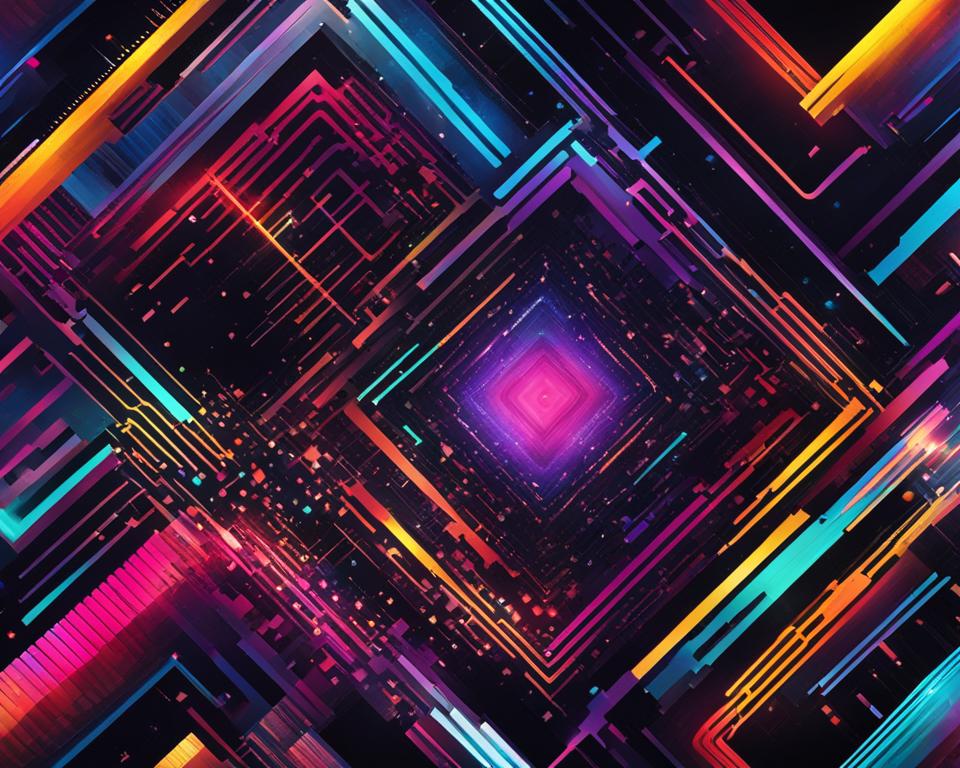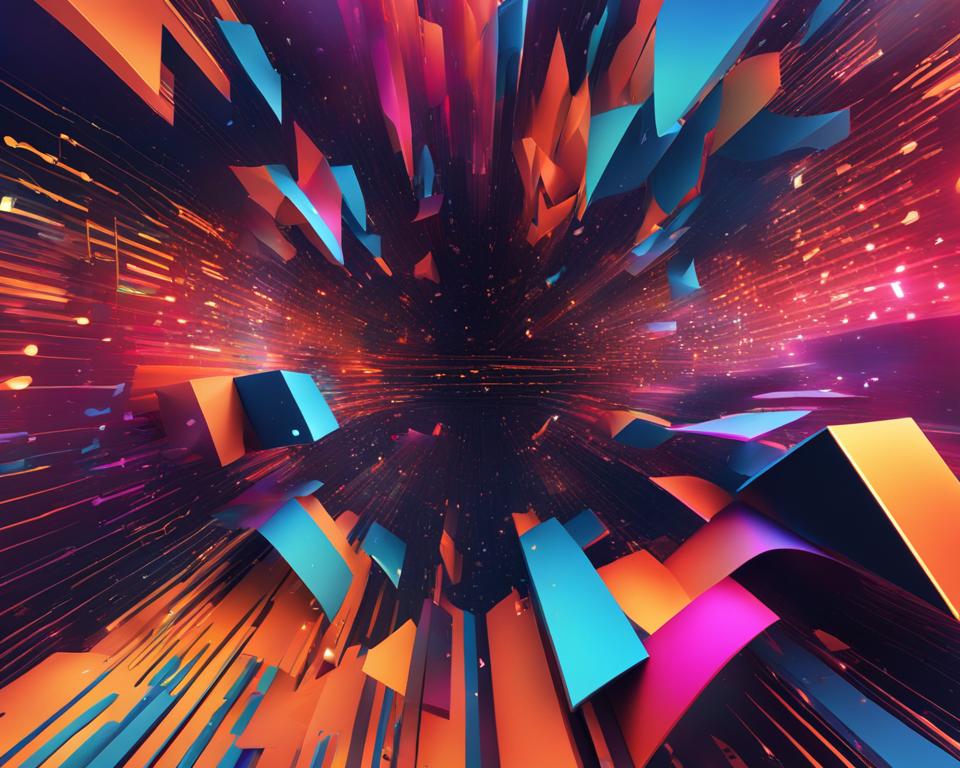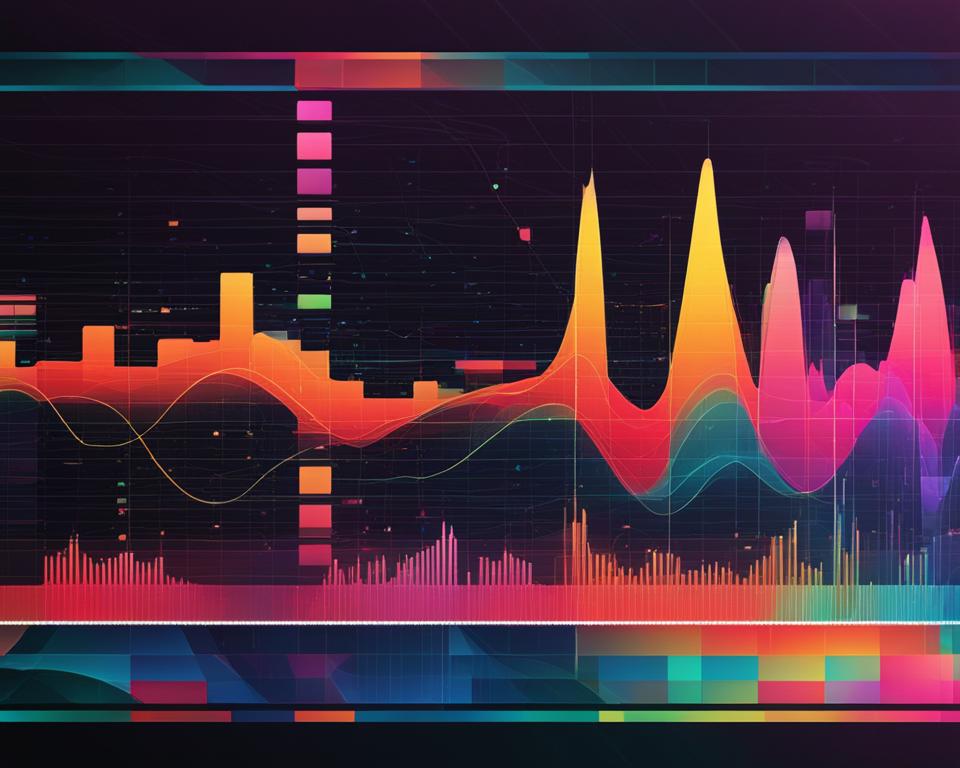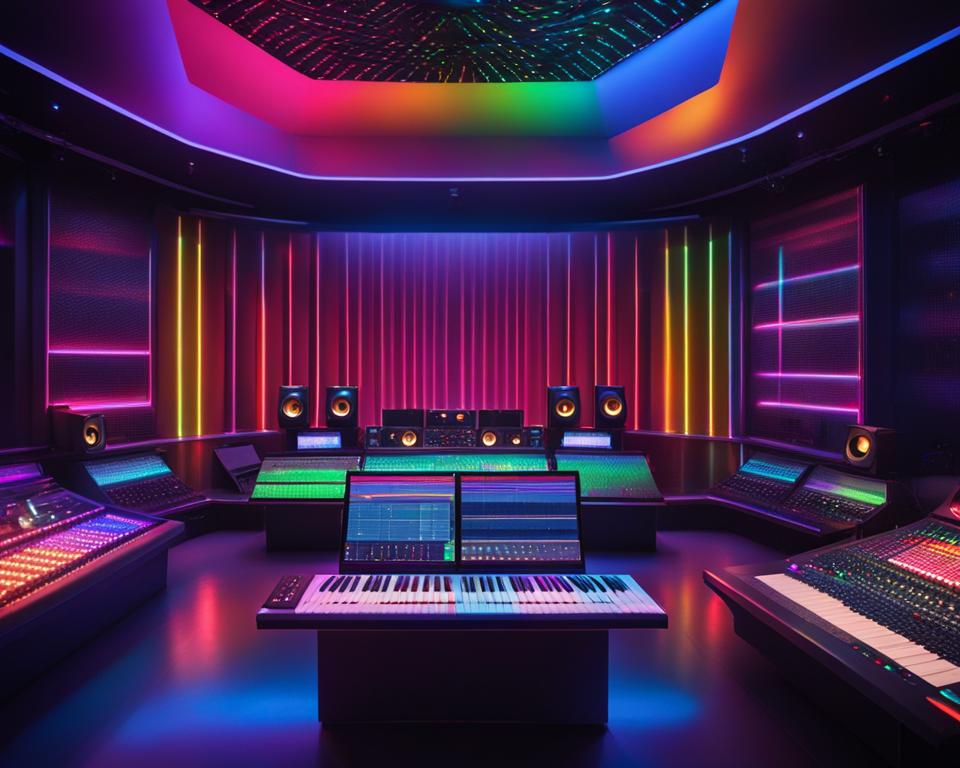As a music journalist, I have witnessed firsthand the significant strides made in the music industry over the years. Today, artificial intelligence, commonly referred to as AI, has become an indispensable tool in music creation and production. AI music remix tools utilize sophisticated algorithms and machine learning algorithms to revolutionize the way music is being remixed and produced. It has never been easier to create unique and innovative music remixes using AI.
In this article, I will explore the impact of AI on the music industry, how it is influencing artists and the music they produce, and its potential future. From AI-driven music production to automated remixing, the future of music is changing, and everyone is buzzing with excitement. So, let’s dive into how AI music remix tools are shaping the industry and changing music production processes as we know them.
The Evolution of AI in Music
The use of AI in music production, remixing, and composition is not a new phenomenon. In fact, it has been around for several decades. The earliest application of AI in music can be traced back to the 1950s, when researchers began experimenting with computer programs capable of generating basic musical melodies. However, it wasn’t until the late 1990s that the technology began to advance at a rapid pace.
The development of machine learning algorithms in the 2000s enabled computers to learn from data and make predictions about new data. This breakthrough opened the door for AI to be used for more complex musical tasks, such as creating new remixes of existing songs.
Today, AI-assisted music production and remixing is becoming increasingly popular. AI algorithms are being used to analyze and manipulate musical components like rhythm, melody, and harmony in new and innovative ways. The technology has also made it easier for non-musicians to create music without extensive training or experience.
However, there are also challenges associated with the use of AI in music. The technology is still limited in its ability to understand subjective aspects of music, such as emotion and context. Additionally, there are concerns about the impact of AI on the livelihoods of human musicians and producers.
“AI is transforming the way we approach music creation and production, but it’s essential to strike a balance between human creativity and AI assistance.”
Impact of AI in Music Creation and Production
Artificial intelligence has transformed the way artists approach music remixing and production, providing unique sound manipulation capabilities, increasing efficiency and enhancing creativity. The benefits of utilizing AI music remix tools are immense, with the technology revolutionizing how music is created and produced. With AI music remix, technical skills are no longer a prerequisite for producing high-quality music. Non-musicians can also create music like experts, thanks to the intuitive and accessible AI-driven software.
One of the primary benefits of AI in music remixing is the ability to manipulate sounds in novel and unique ways. Unlike humans, AI algorithms are not tied down by bias or preconceptions that may impede their creative abilities. AI music remixing tools uncover an entirely new set of possibilities and enhance the sound manipulation capabilities of music producers.
Another advantage of using AI music remixing tools is the increased efficiency in producing music, due to the reduced amount of manual labor required. With the help of machine learning, AI algorithms can perform complicated tasks in a fraction of the time it would take a human to do it. The higher productivity resulting from using AI music remixing tools enables artists to work on more music projects, leading to an increase in output and ultimately, more revenue.
However, there are also concerns regarding the use of AI in the music industry. Some critics argue that AI-generated music lacks the emotional connection that music produced by humans has, leading to disconnection from the audience. However, by using AI music remixing tools as a complement to human creativity, and not a replacement for it, the results of AI-driven music production can be truly groundbreaking.
AI Music Remix: Influencing Artists and the Industry
AI music remix tools are transforming the world of music, not only in production but also in how artists approach creating music. With the help of artificial intelligence, musicians can explore new sonic landscapes and experiment with new sounds.
One of the most significant impacts of AI music remix is the ability for artists to connect with their audience in innovative ways. Unlike traditional remixing, where artists may stick to tried and tested methods, AI produces unique remixes that can appeal to a broader range of listeners. For example, AI-generated music remix can help artists reach new fans and adapt to changing musical tastes.
The influence of AI music remix is also apparent in the music industry as a whole. With AI-assisted remixing, music production processes have become more efficient and cost-effective, which increases the speed at which new music is released. Additionally, licensing and copyright considerations have also been positively affected by the use of AI in music production and remixing, as AI algorithms can help identify and flag unauthorized usage of copyrighted material, reducing the chances of litigation and other legal issues.
The Future of AI-Driven Music
As AI technology continues to evolve, its potential for music production and remixing has yet to be fully realized. The future of AI-driven music is incredibly exciting, with many emerging trends and advancements shaping the industry’s landscape.
One possibility is the emergence of fully automated music remixing, where AI algorithms are capable of producing entire remixes without any human input. While this may lead to increased efficiency and productivity, there are ethical implications regarding the role of human creativity in music production.
Another trend is the integration of AI in live performances, with some artists already using AI programs to help generate unique sounds and visuals during shows. This could lead to more interactive and immersive concert experiences for audiences.
Moreover, the use of AI in music production is likely to become even more prevalent, with AI algorithms being utilized to generate chord progressions, melodies, and lyrics. However, it is essential to maintain a balance between human creativity and AI assistance in music production to ensure that music retains its authenticity and artistic value.
In conclusion, the future potential of AI in music production and remixing is vast and exciting. As technology continues to develop, so will the possibilities for AI-driven music. However, it is essential to navigate the ethical implications of this technology carefully and maintain a balance between human creativity and automated assistance.




